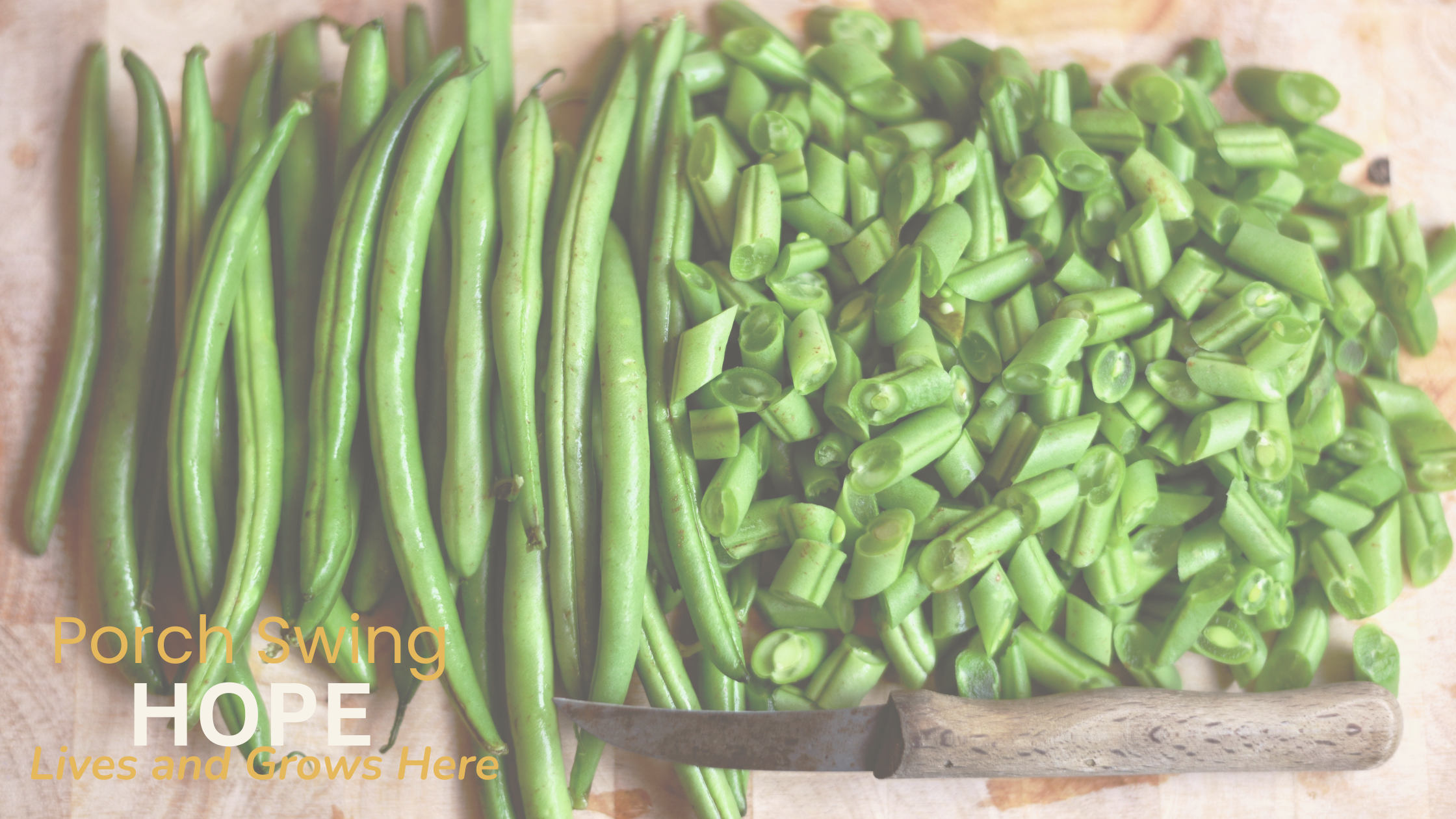The Sacred Art of Slowing Down

The most radical thing my grandmother ever taught me was how to break green beans.
Not the technique - that's simple enough. But the philosophy behind it: sitting on the porch swing for an entire summer afternoon, hands busy with simple work, mind free to wander, conversation flowing naturally between comfortable silences.
In our speed-obsessed world, this feels revolutionary.
The Lost Art of Necessary Slowness
Modern culture has forgotten something our ancestors knew: some of life's most important work requires the kind of time and attention that can't be optimized, automated, or made more efficient.
We've lost processing time for experiences to become wisdom, relationship depth that develops through unhurried presence, and creative space where innovation emerges from mental wandering.
Why Ancient Cultures Valued Slowness
Traditional societies built slowness into daily rhythms not because they lacked ambition, but because they understood something we're relearning: sustainable productivity requires rest, creativity emerges from boredom, and wisdom develops through reflection.
The Porch Swing as Sacred Technology
There's wisdom in the porch swing as a designed space for slowness. It rocks at human pace, faces the world without demanding interaction, provides comfort that encourages staying rather than leaving.
This Week's Sacred Slowness Practice
Choose one daily activity to perform with intentional slowness: making coffee, washing dishes, walking to your car. Notice what becomes available when you're not rushing toward the next thing.
Slow down, friends. Hope lives and grows here, in the gentle rhythm of unhurried hearts.

